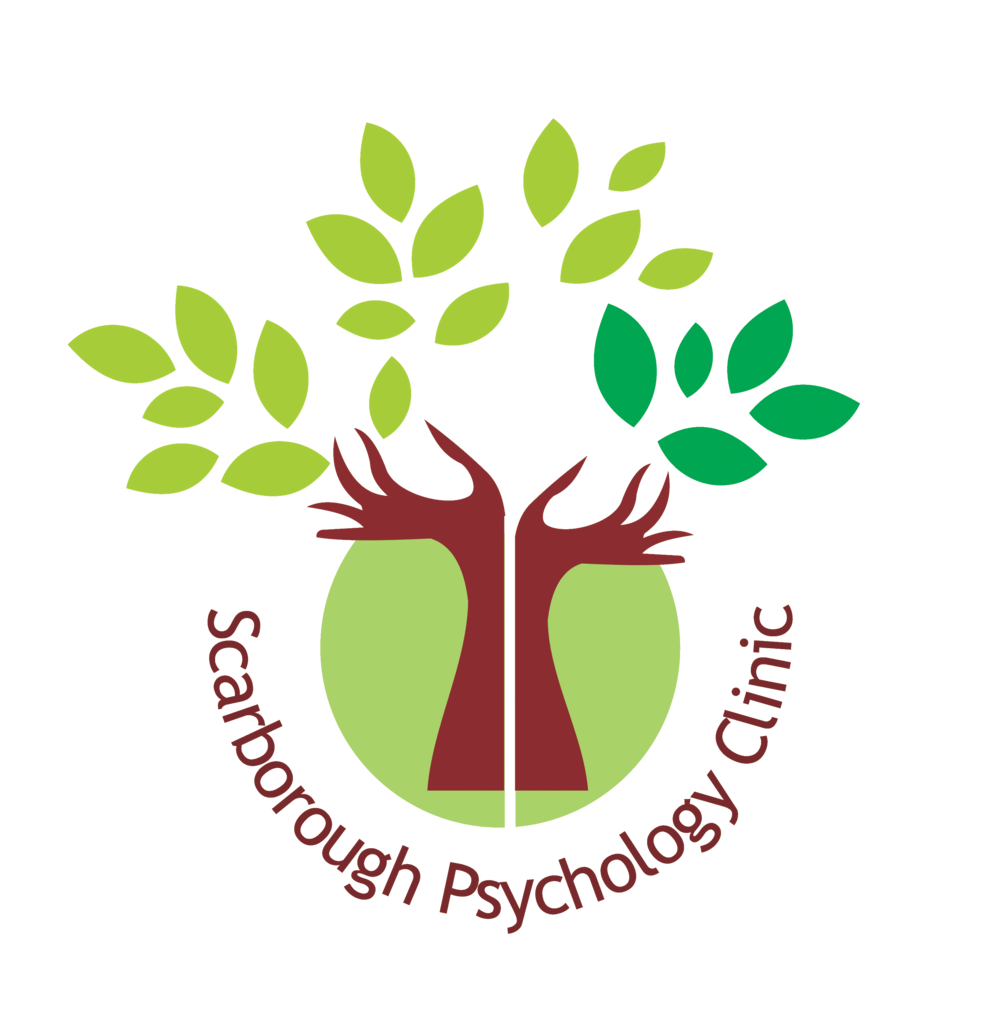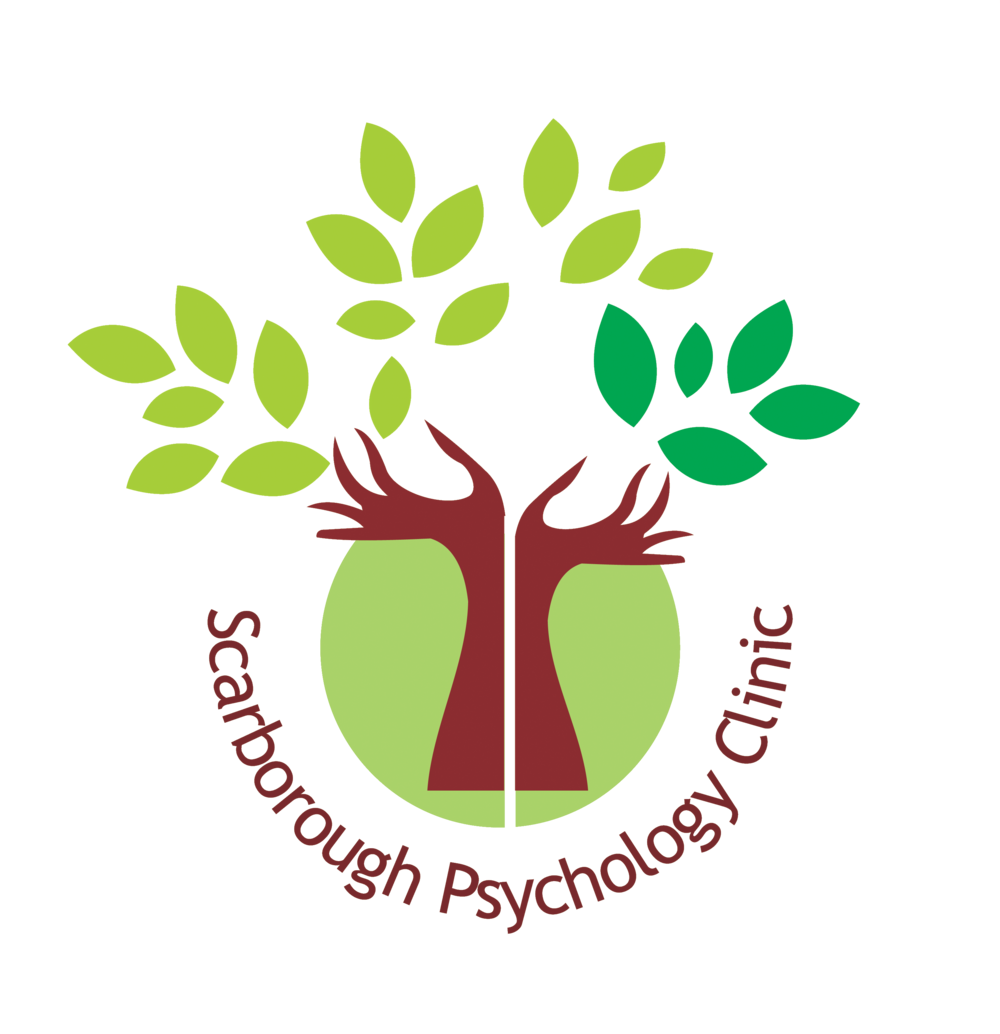As Mother’s Day approaches, feeling excitement and joy about the gifts and festivities often associated with the day is common. However, it is just as important to use this day to acknowledge and understand the struggles and often unacknowledged efforts associated with motherhood. This day does not have to be just about receiving gifts; it’s a poignant reminder to take a moment to reflect on and nurture your own needs and well-being.
Self Care for mothers and why it’s important to them
Mothers often carry the immense responsibility of caring for others and are often expected to prioritize others, causing them to neglect their well-being. This is where the importance of self-care jumps in, especially when it comes to a day honouring motherhood. Taking time for yourself isn’t just beneficial—it’s necessary to recharge and maintain your mental and emotional health. It is important to remember that your needs still matter, even when you are a mother, and it is NOT selfish to take time for yourself.
The idea that self-care is selfish stems from a longstanding cultural expectation that mothers should be endlessly self-sacrificing. But neglecting your own needs can lead to burnout, resentment, and even depression, which isn’t beneficial for anyone in the family. Taking care of yourself isn’t about neglecting your duties; it’s about reducing stress and ensuring mental and physical wellness.
Self care for mothers: 6 ways you can practice
- Mindfulness-based activities
Many psychology-backed strategies can help us overcome daily stress and focus on ourselves. These strategies include a form of meditation known as “mindfulness,” which involves focusing your mind on the present moment. Mindfulness is an evidence-based meditation practice that teaches you to slow your thoughts, let go of negativity, and improve your mental well-being. There are many resources for beginners looking to start practicing mindfulness, including apps or books such as “Wherever You Go, There You Are” by Jon Kabat-Zinn.
- Journaling
Another psychology-based tool that reduces stress and helps us better understand our emotions is Journaling. Journaling can be especially valuable to mothers, as they often go without emotional support from others and toss their needs to the sidelines. Journaling offers a valuable outlet for self-expression and emotional processing. By regularly writing down thoughts and experiences, you can achieve clarity, reduce stress, and gain perspective on the challenges of motherhood.
- Engage in physical activity.
Physical activity is essential not only for maintaining health but also for boosting mental well-being. As a parent, finding time to move can be a game-changer in managing stress and increasing energy levels. You don’t need to commit to long sessions; even short bursts of exercise, like a 10-minute walk or a quick yoga session during a break, can make a significant difference. Choose activities you genuinely enjoy—whether it’s dancing, hiking, or playing a sport—so it feels less like a chore and more like a joyful escape from the daily routine. This makes sticking to a regular exercise routine more feasible and enjoyable, keeping you energized and balanced.
- Practice doing what you love
Reconnect with your hobbies and passions. Whether painting, writing, gardening, or playing an instrument, engaging in hobbies can significantly improve your mental health and provide a fulfilling break from everyday stress. This practice rejuvenates your spirit and gives you a sense of achievement and identity beyond your role as a mother.
- Consider a digital detox
Take regular breaks from digital devices to reduce stress and improve your mental focus. Designate certain times of the day as tech-free—perhaps during meals, one hour before bed, or the first hour after you wake up. This can help decrease anxiety and improve the quality of time spent with family.
- Don’t be too hard on yourself
As a mother, it’s easy to fall into the trap of self-criticism, especially when faced with the everyday challenges of parenting. Remember, it’s crucial to practice self-compassion. Acknowledge that you are doing the best you can in a demanding role and that it’s perfectly acceptable to have moments of doubt or frustration. Permitting yourself to be imperfect can help reduce stress and promote a healthier, more positive mindset. This Mother’s Day, celebrate your efforts and remind yourself that being a good mom doesn’t mean being flawless.
If you are struggling with your mental health, consider contacting our team at Scarborough Psychology Clinic. Click here to book an appointment.

